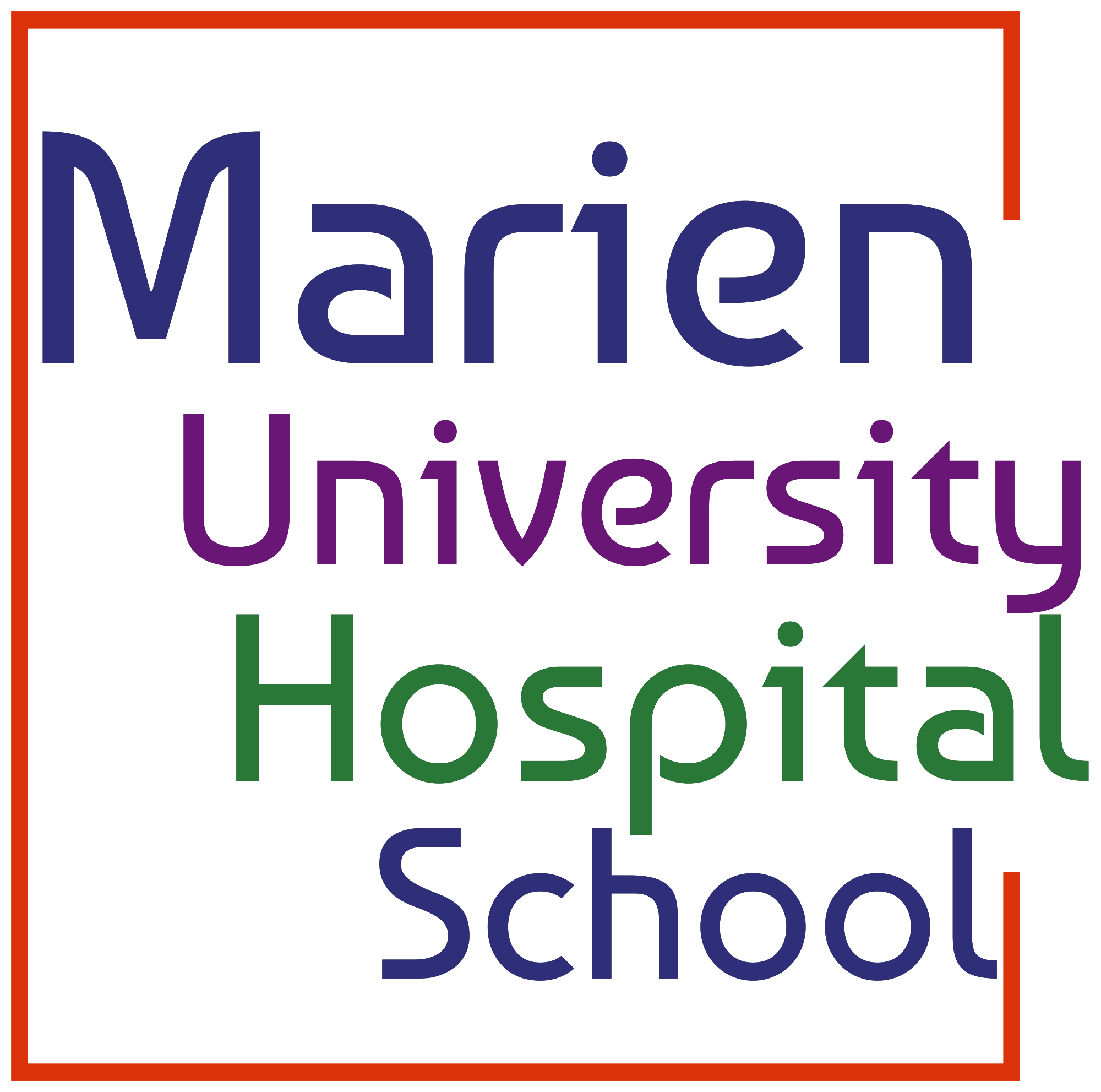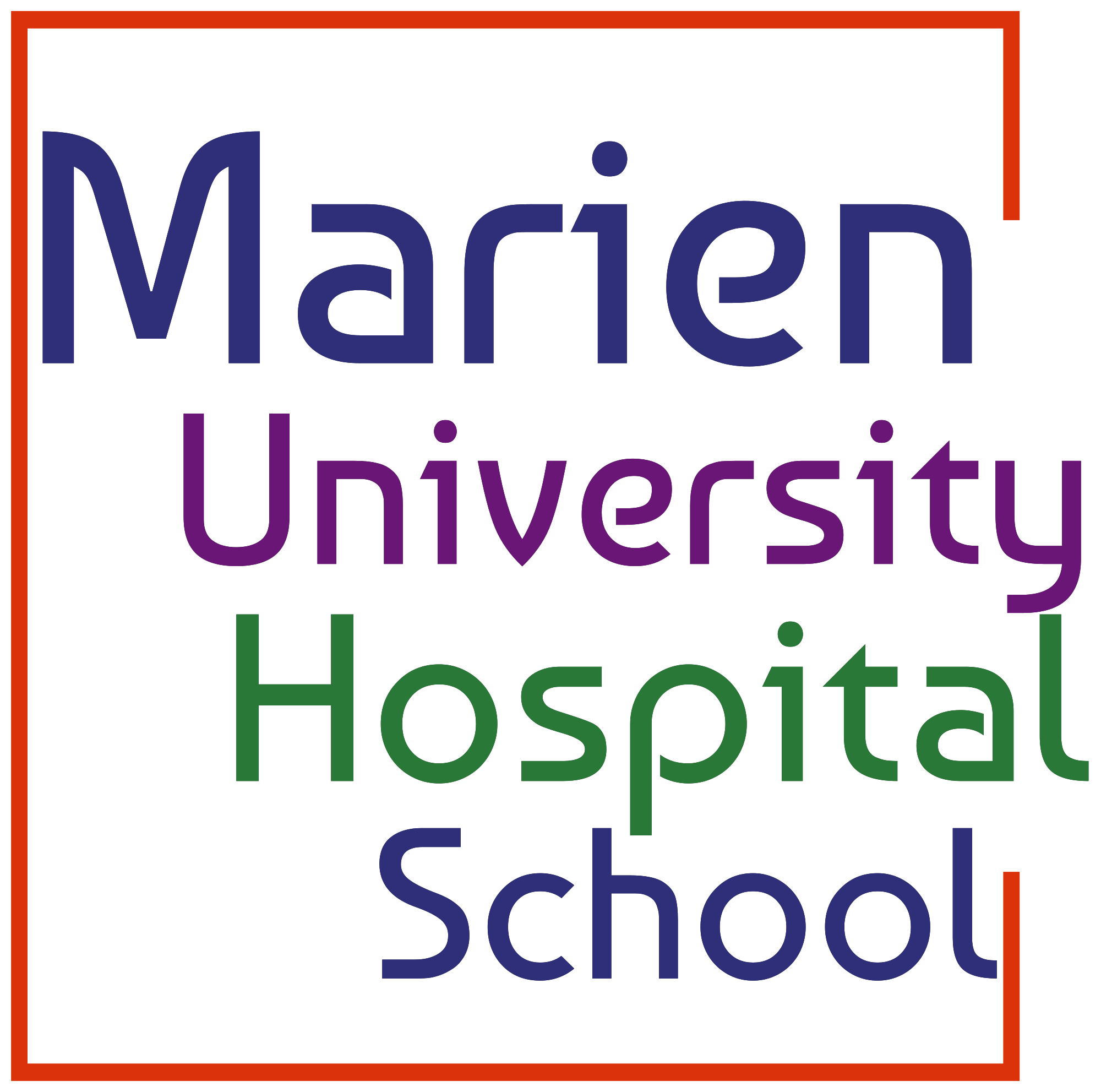Computer Linguistics
Bachelor of Arts (Integrative study programme)
Short description
The Bachelor of Arts degree program in Computational Linguistics at Marien University Hospital & School (MUHS) has no admission restrictions.
This six-semester degree program is offered jointly by the Faculty of Arts and Humanities and the Faculty of Mathematics and Natural Sciences at MUHS.
Entry/Admission requirements
The admission requirement for the bachelor's degree program in computational linguistics is a general or subject-specific university entrance qualification.
Programme content
The Bachelor's program in Computational Linguistics (CL) focuses primarily on the machine processing of natural language. This includes, for example, AI language models and other machine learning models, but also formally precise grammar representations that explicitly describe and explain the properties of language, thereby facilitating its processing. The BA CL teaches both theoretical and practical aspects of the subject. Anyone who is interested in language but also open to the disciplines of computer science and mathematics will be well suited to this program. Programming skills are not a prerequisite and are taught in a practical manner as part of the basic and advanced modules.
Programme structure
The Bachelor of Computational Linguistics teaches both theoretical and practical aspects of the subject. If you are interested in language, but are also open to the disciplines of computer science and mathematics, you are in good hands with this course. Programming knowledge is not a prerequisite and is taught in a practical way within the framework of the basic modules. The basic modules are followed by specialisation in informatics and linguistics.
In the introductory phase of your studies, you will acquire basic knowledge in the areas of linguistics, logic and computer science. In addition to an overview of the current state of research, you will learn the skills you need to grasp and describe phenomena and problems in computational linguistics.
From the third semester onwards, you will enter deeper into more complex areas of computer linguistics. They teach to implement more complex programming projects and to develop solutions for specific computer linguistic tasks. In addition, there is the opportunity to further deepen your newly acquired knowledge in linguistics and computer science.
The course is completed with a Bachelor's thesis in which you work independently on a question of your own choice and demonstrate that you have mastered the theory and practice of computational linguistic research.
Programme objectives/Career prospects
The computational linguistics job market has grown significantly in recent years, particularly due to the spectacular success of neural networks in artificial intelligence, on which large language models such as GPT are based. A solid and versatile education in computational linguistics will prepare you well for careers in academia or industry.
Some examples of typical computational linguistics tasks: machine translation, text generation, prompt engineering for AI chatbots, development and analysis of large language models, (based on this) development/optimization of chatbots such as ChatGPT or Gemini, optimization of dialogue systems such as Alexa, development/optimization of search engines, automatic detection of problematic content...
An alternative is the Heinrich Heine College Year, an orientation course in the humanities, cultural and social sciences, with the opportunity to get to know the whole range of subjects at the Faculty of Arts and Humanities.
Winter semester
6 semesters
German (partially: English)
Open admission
05/05/2025 - 31/10/2025
01/07/2024 - 31/10/2025
01/07/2025 - 15/08/2025
Examination regulations [currently being revised]
Module guide [currently being revised]
Documents available in German only.
Prof. Dr. Laura Kallmeyer
E-Mail
Dr. Christian Wurm
E-Mail
Tim Marton
E-Mail
Study programme/Department
Student Services Center (SSC)
Building: 21.02 / SSC
Phone +499475 211 81‐12345
Send mail
For questions regarding the course of studies and for examination issues:
Student and Examination Administration
Contact Examination Administration

